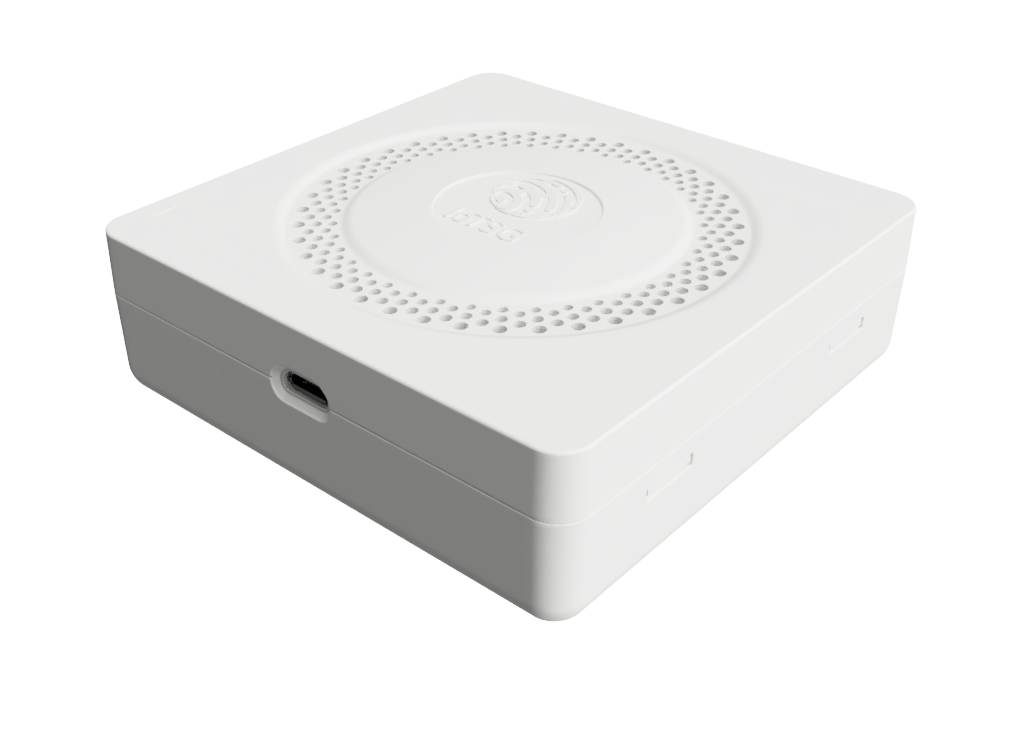5G RuralDorset expands connected social care trial
The 5G RuralDorset project has extended its Government-funded trials looking to support vulnerable independent people (VIPs) in their own homes.
The Dorset Council-led project recently deployed a number of Internet of Things (IoT) devices in homes to assess how they might support residents needing social care support.
 The project has now been granted additional funding for a further 30 devices by the Department of Digital, Culture, Media and Sport, helping improve the lives of many more vulnerable residents in Dorset.
The project has now been granted additional funding for a further 30 devices by the Department of Digital, Culture, Media and Sport, helping improve the lives of many more vulnerable residents in Dorset.
The assisted living device supplied by Internet of Things Solutions Group (IoTSG) and connected via the Vodafone network, is placed on an individual’s kitchen shelf to monitor daily activity and send alerts of any changes in daily patterns, potentially indicating a fall or illness.
Emma Mahy, CEO at IoTSG, said: “Dorset Council have shown that they are keen to trial innovations and have been a frontrunner in adopting this NBIoT solution. Their willingness to trial new technology has shown the value of the data, as well as exhibiting a great example of how LPWAN sensors can send information in areas with no mobile phone coverage. We are excited to be continuing this relationship with the 5G RuralDorset team and Dorset Council to support more rural residents.”
By measuring ambient and environmental factors, behaviour patterns are quickly recorded based on activities such as the use of a kettle, cooking and washing up. This approach enables a more targeted response for carers and emergency services, potentially saving money and time for the health and social care system.
As well as providing reassurance for friends and family, the technology could allow people to be sent home from hospital more quickly.
With the ever-increasing cost of living, fuel poverty is a growing concern – this device can provide an early indication of this, as well as homes that could be damp.
While this is currently being trialled using a small sample, Dorset Council is trying to expand the pilot with GP practices to encourage widespread adoption. To date, they’ve shared lessons and key findings with other NHS trusts in Wolverhampton and Shropshire.
In addition, the device doesn’t require any Wi-Fi or mobile phone signal; the lack of which is a problem for many rural Dorset residents. The use of NBIoT technology allows for more devices to be connected, sharing more information and key insights without any signal congestion. As a result, data is available quickly and reliably to provide peace of mind for carers and family members, even from remote locations.
Claire Collett, Occupational Therapist, Technology Enabled Care Team, Dorset Council remarked: “The device from IoTSG is simple to set up and with the added bonus of being compatible with NBIoT, it gives the Adult Social Care team another technology solution option to consider when we are supporting the needs of residents who live in poor mobile phone coverage areas.”
Jill Haynes, Cabinet Member for Corporate Development and Transformation for Dorset Council, which leads the 5G RuralDorset project, added: “If people’s health and wellbeing can be supported earlier, by way of timely reporting and insights to local community health and social care teams, then this potentially means better support and fewer medical interventions for them. This new technology is helping to shift the focus to prevention and we hope to utilise the additional 30 devices alongside our colleagues in healthcare to provide better outcomes for our residents.”
 Author: James Pryce
Author: James Pryce